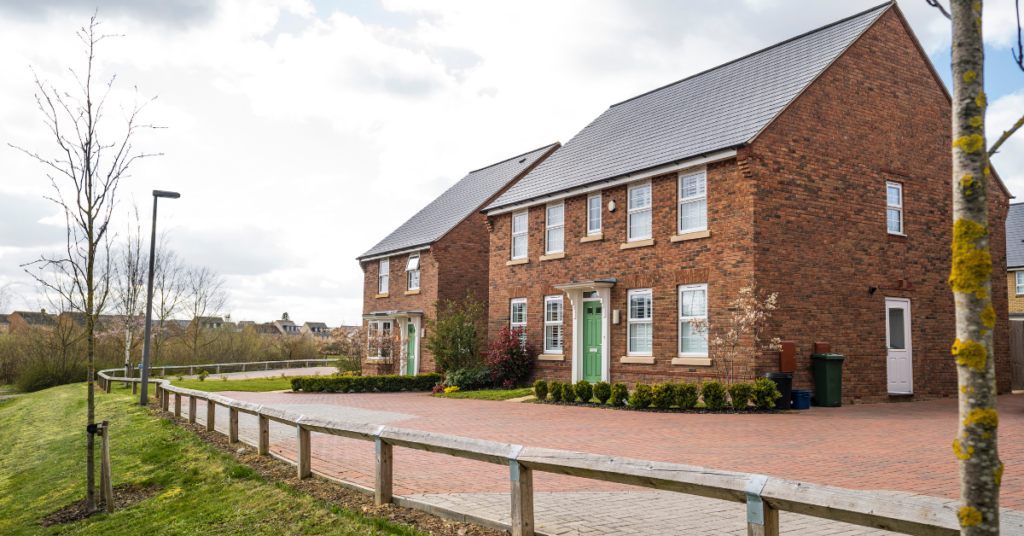
Understanding Mortgage Rates
A Comprehensive Guide for First-Time Homebuyers
Understanding mortgage rates is essential when considering a property purchase. A mortgage rate, also known as a mortgage interest rate, indicates the interest you’ll pay on the money borrowed for your property investment. These rates are typically displayed as a percentage. For instance, you might encounter an interest rate of 5% per annum.
Definitions
Interest Rate
The percentage of interest applied to any borrowing.
Mortgage Rates
The interest rate specific to your mortgage deal.
Base Rate
The interest rate determined by the Bank of England.
What are Mortgage Rates?
Your offered mortgage rate is a crucial component of your mortgage deal, influenced by several factors:
- Your personal circumstances
- The type of mortgage you seek
- The national base rate
Here's how mortgage rates are set across five common mortgage policies:
Fixed Rate Mortgage
Offers a consistent interest rate over a predetermined period, typically ranging from one to five years.
Variable Rate Mortgage
Interest rates fluctuate during the mortgage term, impacting monthly payments.
Tracker Mortgage
Directly linked to the Bank of England base rate, resulting in fluctuating payments in response to base rate changes.
Capped Mortgage
Imposes an upper limit on the mortgage rate, ensuring monthly payments do not surpass a certain threshold.
Offset Mortgage
Rates can be fixed or variable, with the mortgage linked to your savings to reduce interest payments.
Factors Affecting Your Mortgage Rates
Lenders assess various criteria to determine the interest rate offered to you:
Credit History: Affects your perceived reliability in repaying loans, influencing the mortgage rate offered.
Deposit Size: Higher deposits often result in more favourable loan-to-value ratios and lower interest rate deals.
Mortgage Term Length: Shorter terms may lead to higher monthly payments but lower overall interest payments, and vice versa.
Setting Mortgage Rates
Mortgage rates are typically aligned with national interest rates and base rates, set by financial institutions like the Bank of England. Here’s how it works:
Base Rate: Determined by the Bank of England, impacting tracker mortgages directly and other variable interest rates indirectly.
Lenders: Adjust mortgage rates based on national interest rates and various other factors.
Rates on variable mortgages can change periodically, influenced by meetings of the Bank of England monetary policy committee, which convenes approximately every six weeks. Conversely, fixed-rate mortgages remain consistent for up to ten years.
